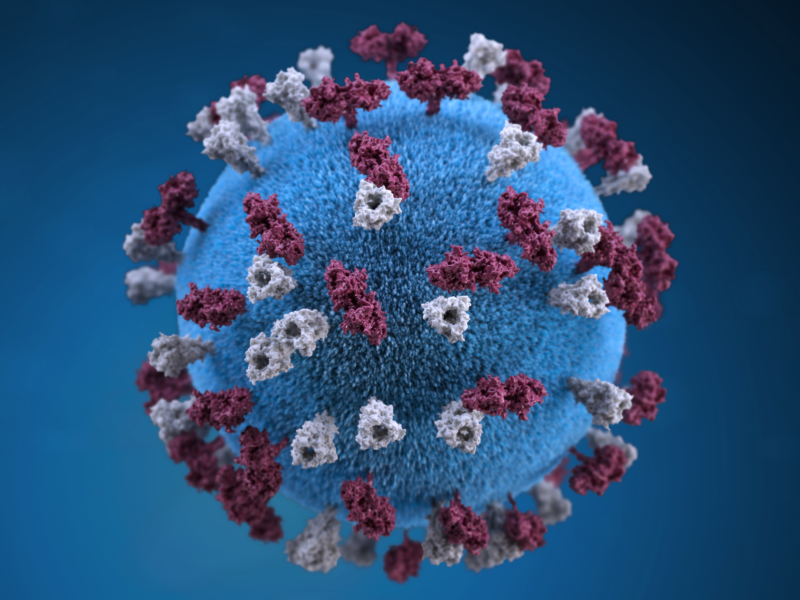A rapidly evolving outbreak of rare fungal meningitis has killed five and sickened thirty across six U.S. states. The case count is only expected to grow over the coming weeks, warn health officials.
The infection has been traced back to contaminated steroid injections offered to patients with lower-back pain. The likely drug, methylprednisolone acetate, was produced at the New England Compounding Center, a specialty pharmacy in Framingham, Mass. that provides customized medicine not usually available from commercial manufacturers. These pharmacies are regulated by states and are not subject to the same stringent safety measures imposed by the Federal government.
Health officials suspect the steroid drug is contaminated with the fungus, Aspergillus, which has been identified in numerous patients’ spinal fluids. The drug was shipped to 23 states; thus far the majority of cases have emerged in Tennessee, where a clinic received the largest shipment of the drug. North Carolina, Virginia, Maryland, Indiana, and Florida have also reported cases.
Unfortunately, symptoms of fungal meningitis appear more gradually than other forms of meningitis. Therefore, infected patients may develop symptoms several weeks after receiving the injection. Patients exhibiting any of the characteristic meningitis symptoms, such as fever, headache, and a stiff neck, accompanied by nausea, vomiting, light sensitivity, or an altered mental state, should immediately seek medical attention.
Both spinal and fungal infections are notoriously difficult to treat. Antifungals don’t easily penetrate the epidural space, the site of the lumbar injection. Additionally, the existing arsenal of antifungals is rather unimpressive when compared to antibiotics or antivirals. Patients infected in this outbreak may require hospitalization and treatment for up to one year with powerful drugs that can cause severe side effects.
This outbreak has raised concern over the safety and efficacy of epidural injections for back pain. For one, due to the spinal chord’s attachment to the brain, doctors have to be extra cautious when administering any drug into that region of the body. Sterile drugs and equipment are absolutely essential to stop germs from spreading to the brain.

